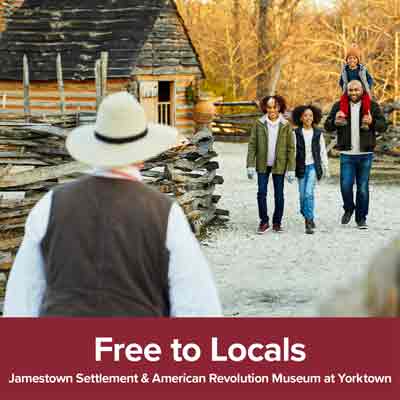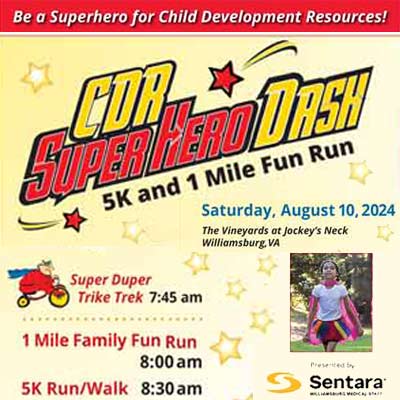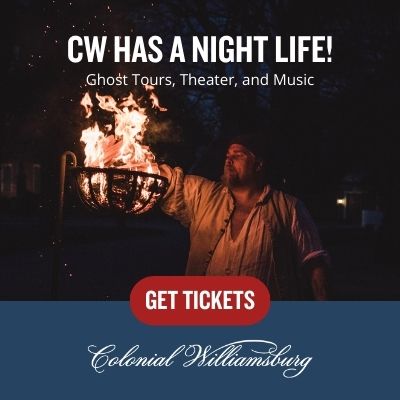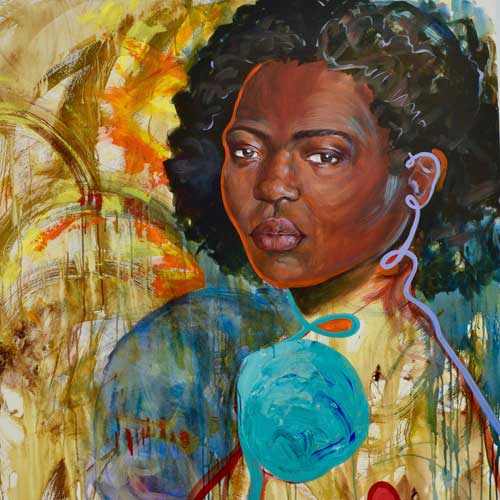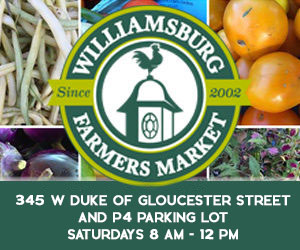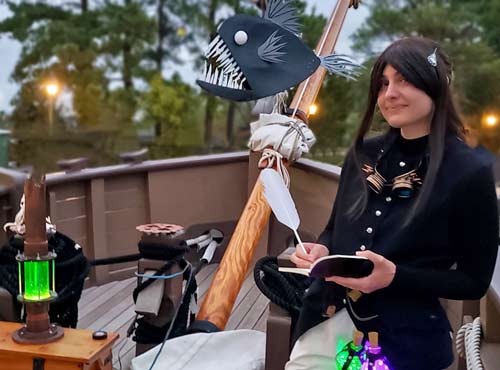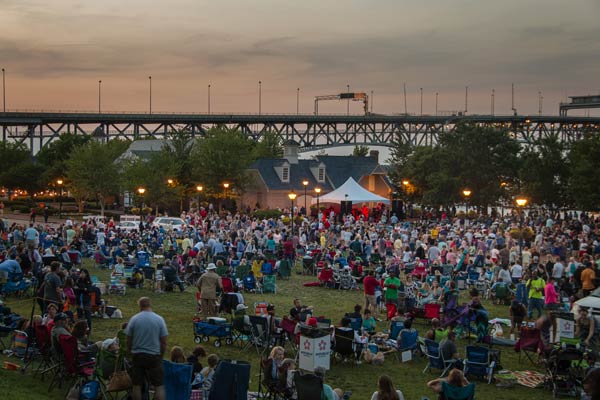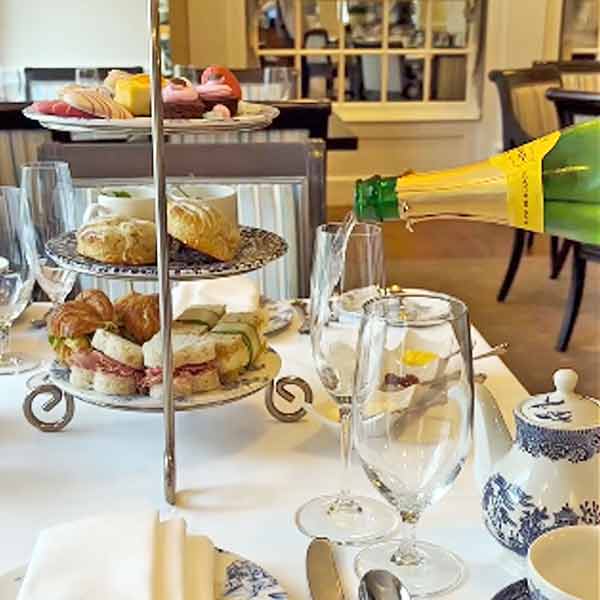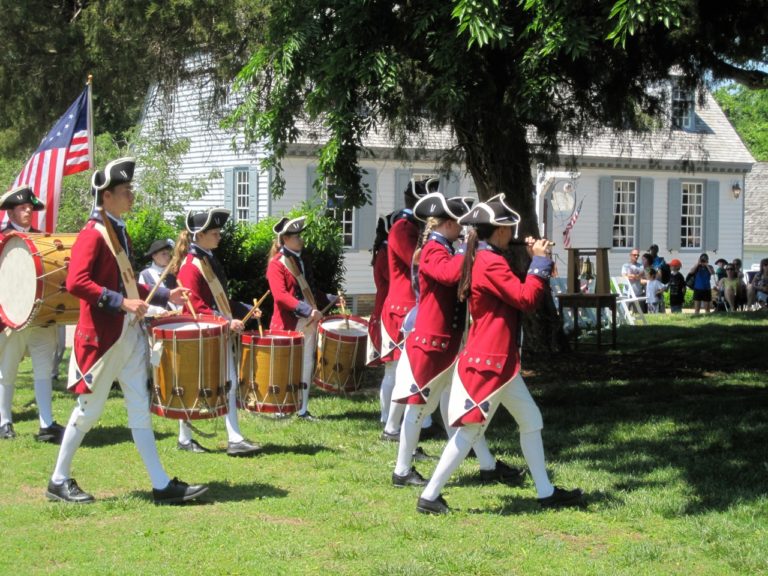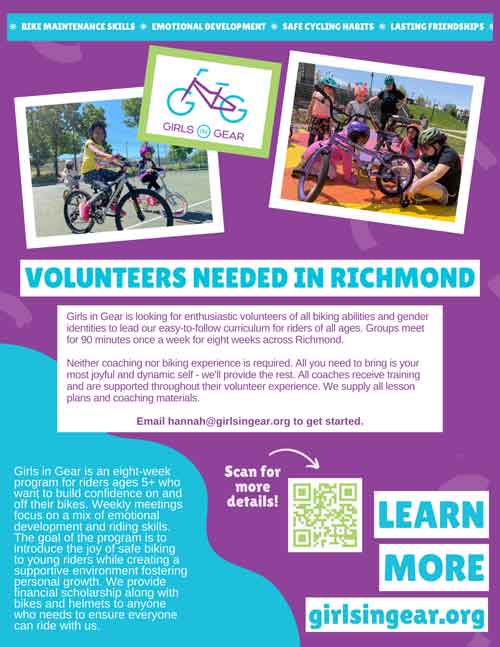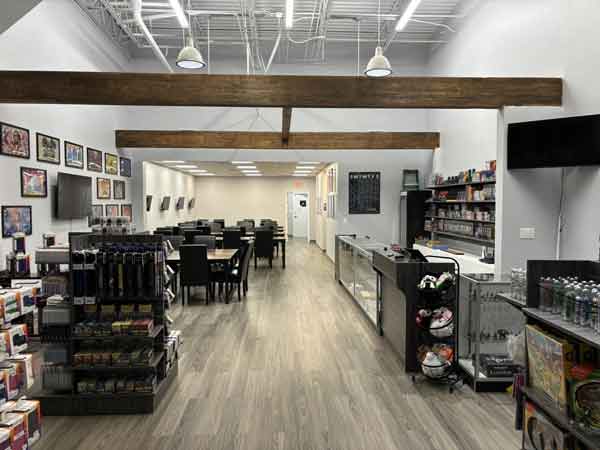‘After Angelo’ returns on February 24 with a full day of events at Jamestown Settlement
‘After Angelo’ returns February 24, 2024 with a full day of events at Jamestown Settlement
‘After Angelo’ at Jamestown Settlement
“After Angelo” returns to Jamestown Settlement for a special one-day event honoring the legacy of the first African woman mentioned by name. This is a lively celebration of African-American culture and heritage.
The event culminates Black History Month at Jamestown Settlement and the American Revolution Museum at Yorktown, featuring permanent gallery exhibits, films and interactives that recount the experiences of Africans and African Americans in early America.
A series of dynamic programs will take place in the Robins Foundation Theater including entertaining performances.
See the full schedule HERE.
Join Jamestown Settlement for the 2024 Black Artists Showcase throughout the month of February. View artwork by African American artists on display, some of which will be available for purchase.
$18 adults, $9 ages 6-12. Children under 6 are free. Free admission for residents of James City County, York County and the City of Williamsburg, including William & Mary students, with proof of residency.
Museum gallery exhibits & films
Jamestown Settlement’s expansive gallery exhibits and dramatic films tell the story of Virginia Indian, English and West Central African cultures who converged in the 17th century. The documentary film, “1607: A Nation Takes Root,” shown every 30 minutes in the museum theater, traces the evolution of the Virginia Company that sponsored the Jamestown colony. The film examines the relationship between the English colonists and the Powhatan Indians, and chronicles the arrival of the first recorded West Central Africans in 1619. Period artifacts and immersive films and exhibits share historical accounts of the first documented Africans to Virginia in 1619, their homeland in Ndongo (Angola), life in the Virginia colony, development of the transatlantic slave trade and the evolution of a new African American culture.



